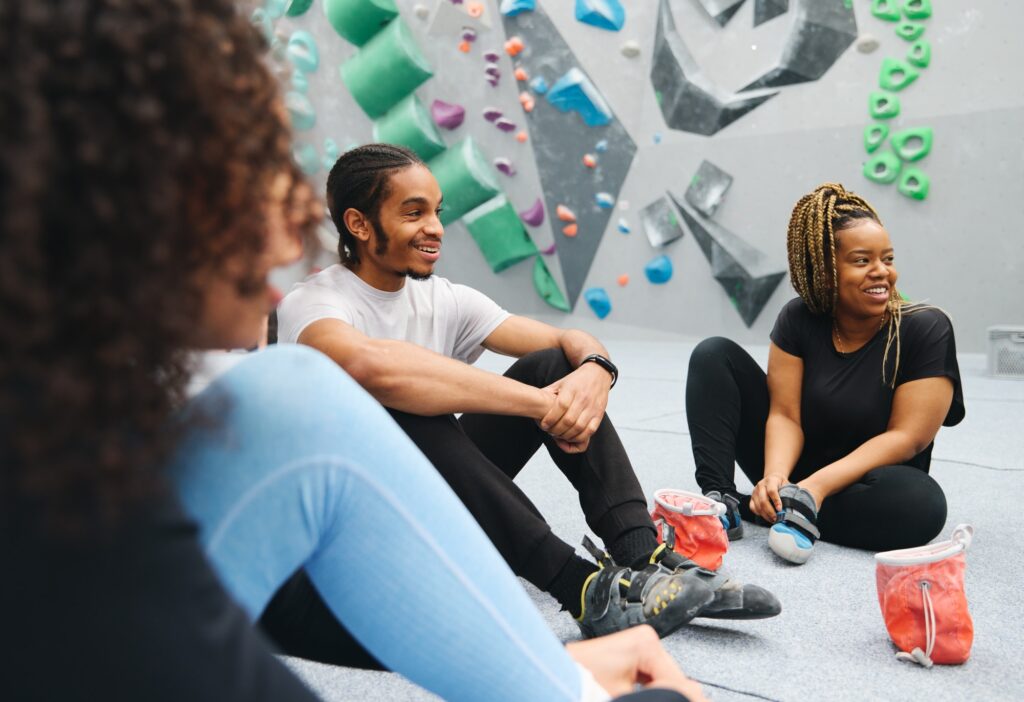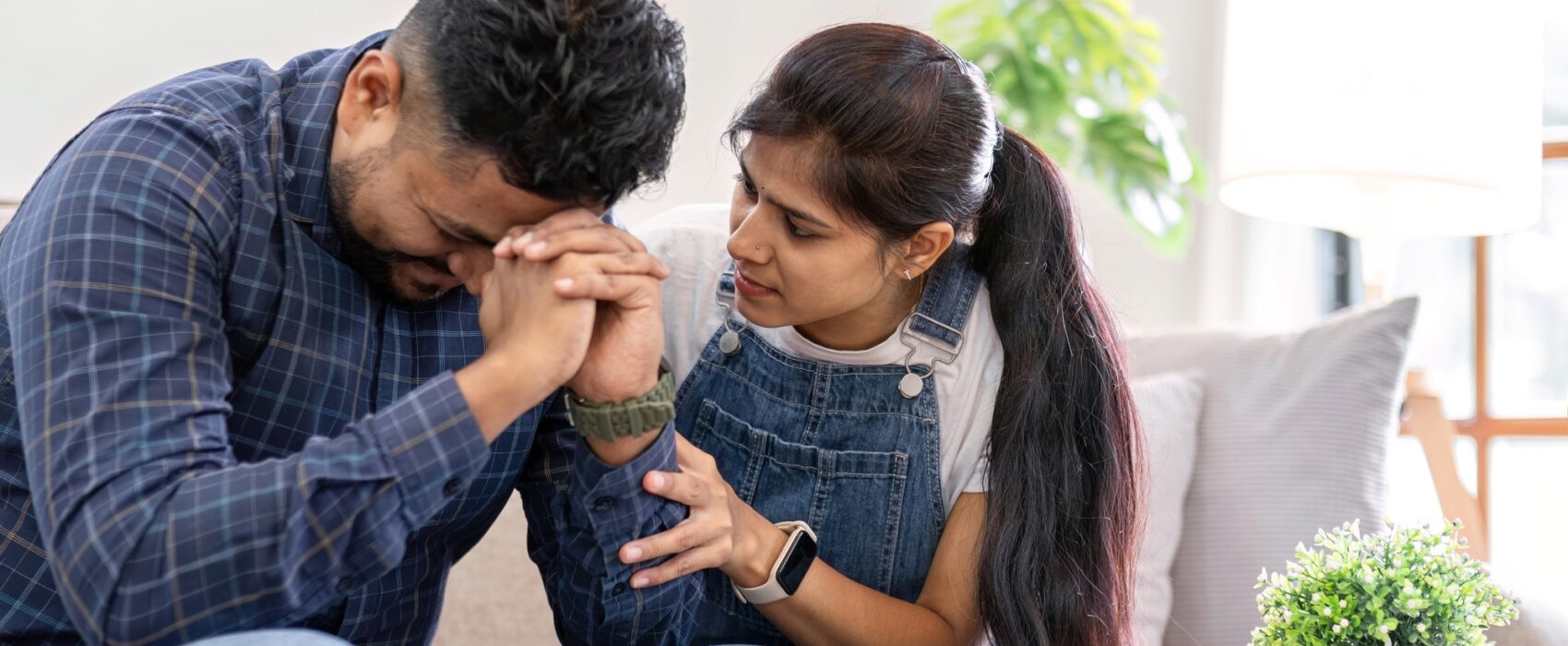Hey there! If you’re reading this, chances are you’re someone who finds social interactions a bit more challenging than others. Maybe you’ve been diagnosed with social anxiety, or perhaps you just feel anxious in new social situations. Either way, I’m here to tell you that it’s okay, and more importantly, you’re not alone. Many adults experience feelings of anxiety, especially in social settings. But guess what? You can still be a fantastic friend and enjoy meaningful relationships. Let’s dive into how to be a better friend with social anxiety.

The First Steps to Better Friendships
Embrace Your Comfort Zone (But Don’t Stay There)
Embracing your comfort zone is wonderful, but it’s important to remember that growth happens outside of it. To become a better friend, start by acknowledging your comfort zone and then taking small steps beyond it. You don’t have to dive into big social events or lengthy conversations right away – begin with something that feels slightly challenging but achievable.
The key is to gradually push your boundaries and embrace new experiences, allowing yourself to grow while still feeling comfortable. Remember, it’s all about finding the balance between familiarity and exploration.
Small Group Settings
A small group setting is a good way to start. It’s less overwhelming than a big event and allows for more meaningful conversations. If you’re invited to social gatherings, choose the ones with fewer people. This way, you can focus on making new connections without the overwhelming background noise of larger groups.
I’ve found that in smaller settings, it’s easier to engage in genuine conversations and build rapport with others. It creates a more relaxed and intimate atmosphere, which can make socializing less daunting. By opting for smaller gatherings, you’ll likely have more opportunities to connect with individuals on a deeper level and form meaningful relationships.
The Power of Online Resources
In today’s digital age, social media and online therapy can be a double-edged sword for anxious people. While they can sometimes heighten anxiety, they can also be a helpful way to connect with others. Joining online support groups or forums where you can share your experiences and learn from others who are going through the same thing can provide a sense of camaraderie and support. It’s important to remember that everyone’s journey is unique, and finding the right balance between engaging with online platforms and taking breaks when needed is key. Personally, I’ve found that being part of online communities has allowed me to both give and receive valuable insights, making me feel less alone in my own struggles.
Navigating the digital landscape with mindfulness and self-awareness can help harness the positive aspects of online interaction while minimizing the potential triggers for anxiety. It’s about finding the right spaces and connections that uplift and empower you, while also recognizing when it’s time to step back and prioritize self-care. Remember, you’re not alone in this, and there are supportive communities waiting to welcome you with open arms.

Building Confidence in Social Settings
Cognitive Behavioral Therapy (CBT)
CBT is often cited as the best treatment for anxiety disorders, including social anxiety. It helps you challenge and change negative thoughts that contribute to your anxiety. Consider seeking professional help from a mental health professional who specializes in CBT. It’s a great way to learn coping strategies and improve your social skills.
When you’re struggling with anxiety, CBT can make a real difference. It’s all about challenging those negative thoughts and learning new coping strategies. Consider reaching out to a mental health professional who specializes in CBT – it’s a great way to improve your social skills and feel better overall.
Practice Makes Perfect
Remember, practice is part of the routine. Engage in small acts of socializing, like making eye contact or initiating a phone call. These might seem like small steps, but they’re significant in building your self-confidence.
It’s the little things that can make a big difference. By taking these small steps, you’re gradually building your confidence and becoming more comfortable in social situations. So go ahead, make that eye contact and pick up the phone – it’s all part of the journey to feeling more at ease in your own skin.
Relaxation Techniques
Deep breaths, meditation, and other relaxation techniques can be your first lines of defense in managing symptoms of anxiety. They help you stay in the present moment and reduce the physical symptoms of anxiety.
When I feel anxious, I find that taking deep breaths and practicing meditation really helps me stay grounded and calm. It’s amazing how these simple techniques can make such a difference in how I feel. Whether it’s before a big presentation or during a stressful day, these methods have become my go-to for finding some peace of mind.

Navigating Social Interactions
Listen and Ask Open-Ended Questions
A good friend is a great listener. When in conversations, focus on truly listening and asking open-ended questions. This approach takes the pressure off you to talk and allows you to learn more about the other person.
Being a good listener is a key aspect of being a great friend. By actively engaging in conversations and showing genuine interest, you can create meaningful connections and better understand the people around you.
Positive Self-Talk
Replace negative thoughts with positive self-talk. Instead of thinking, “I’ll say the wrong thing,” try, “I’m going to learn something new about this person.” This shift in mindset can make a big difference in how you approach social interactions..
By embracing this shift in perspective, you can create a more positive and enriching experience in your social interactions. Instead of focusing on potential mistakes, you’ll open yourself up to new opportunities for learning and connection.
Have an Exit Strategy
It’s okay to have an exit strategy. If you feel overwhelmed, it’s perfectly fine to step out for a moment or plan a way to leave early. Knowing you have this option can make attending social events less daunting.
Sometimes, taking a breather and regaining your composure can make all the difference. It’s important to prioritize your well-being and comfort in social situations, and having an exit plan can provide a sense of control and ease any anxiety.

Long-Term Strategies for Social Anxiety
Building New Friendships and Social Circles
As you become more comfortable in social settings, start expanding your social circle. This doesn’t mean you have to make a ton of new friendships at once. Take it slow and focus on quality over quantity.
Feel free to gradually connect with new people and nurture those relationships at your own pace. Remember, it’s all about fostering genuine connections that bring value to your life.
Public Speaking and Group Activities
Once you feel ready, challenge yourself with activities like public speaking or joining a group activity. These experiences can be nerve-wracking at first, but they’re great ways to build self-confidence and improve your social skills in the long run. Sharing your ideas in front of others or collaborating with a team can be incredibly rewarding and help you grow as a person.
Pushing yourself out of your comfort zone may feel daunting, but it’s through these experiences that you’ll discover new strengths and capabilities you never knew you had. Embracing these challenges can lead to personal growth and a greater sense of self-assurance, which can positively impact various aspects of your life.
Continuous Learning and Growth
Staying informed about new research and strategies for managing social anxiety is important. Knowledge is power, and understanding your mental health can help you navigate it better. It’s always helpful to stay updated on the latest findings and tips for dealing with social anxiety.
When you’re aware of the strategies and research available, you can make more informed decisions about your mental well-being. It’s empowering to know that there are resources and information out there to support you in managing social anxiety.
Conclusion: You’re Not Alone
Remember, you’re not alone in this journey. Millions of people are navigating the same challenges. Being a good friend to others starts with self-care. Take care of your mental health, embrace your journey, and know that every step forward, no matter how small, is a step towards a more confident and comfortable you in social settings.
Social anxiety might feel like a huge party where you know no one, but with the right strategies and support, you can turn it into a gathering of close friends. Take a deep breath, give yourself credit for your efforts, and keep moving forward. You’ve got this!









